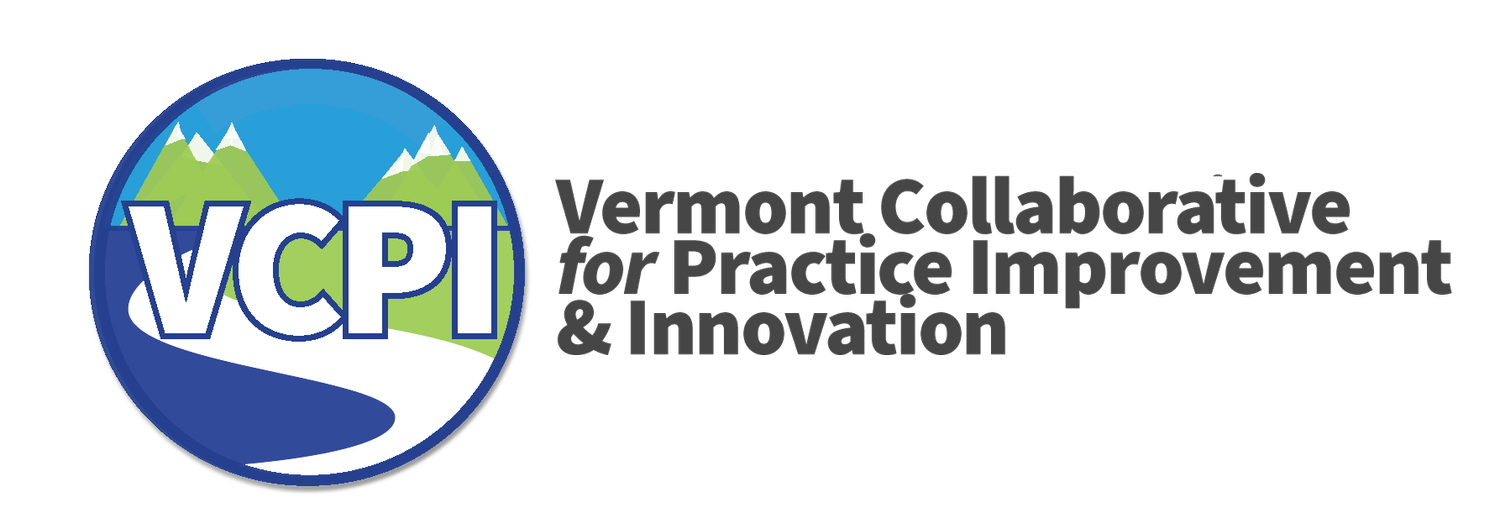Note: This training is hosted by VCPI’s workforce development partner Vermont Addiction Professionals Association (VAPA).
Trauma-Informed Co-Occuring Treatment
Find the full agenda and register here.
About
Working with individuals who experience both mental health and substance use challenges requires an understanding of the interplay between trauma, motivation, and regulation. A trauma-informed approach to the treatment of co-occurring disorders supports providers in addressing the complex interactions between trauma, mental health, and substance use symptoms, while fostering safety, empowerment, and collaboration in the therapeutic relationship.
Trainer
Melissa Hill, M.S., LCMHC, LADC, is a dually licensed clinician with over 13 years of experience in the field of mental health and addictions counseling. She specializes in treating adolescents and adults with co-occurring mental health and substance use challenges and brings a strong focus on community mental health and systems-involved care.
In her role with Easterseals, Melissa serves as a consultant and trainer supporting staff who work with at-risk and foster youth, families formed through adoption or guardianship, and those navigating involvement with the Department for Children and Families (DCF). Her work emphasizes trauma-informed and relationship-centered approaches that foster resilience and stability within youth and family systems.
In addition to her consulting and training work, Melissa maintains a private practice in Burlington, Vermont, where she provides individual therapy. She is certified in EMDR therapy and integrates a blend of Cognitive Behavioral Therapy, Narrative Therapy, Psychodynamic Therapy, Motivational Interviewing, Systemic Therapy, and Expressive Art to support holistic healing and long-term recovery.
Learning Objectives
Strategies to integrate trauma-informed principles into co-occurring treatment
An understanding of how trauma affects motivation, readiness for change, and
regulationTechniques to support body-based stabilization and values-aligned behavioral change
Opportunities to practice somatic and experiential regulation techniques
Exploration of vicarious trauma, resilience, and clinician self-care
Case examples, experiential activities, and reflective discussions to promote practical
application
